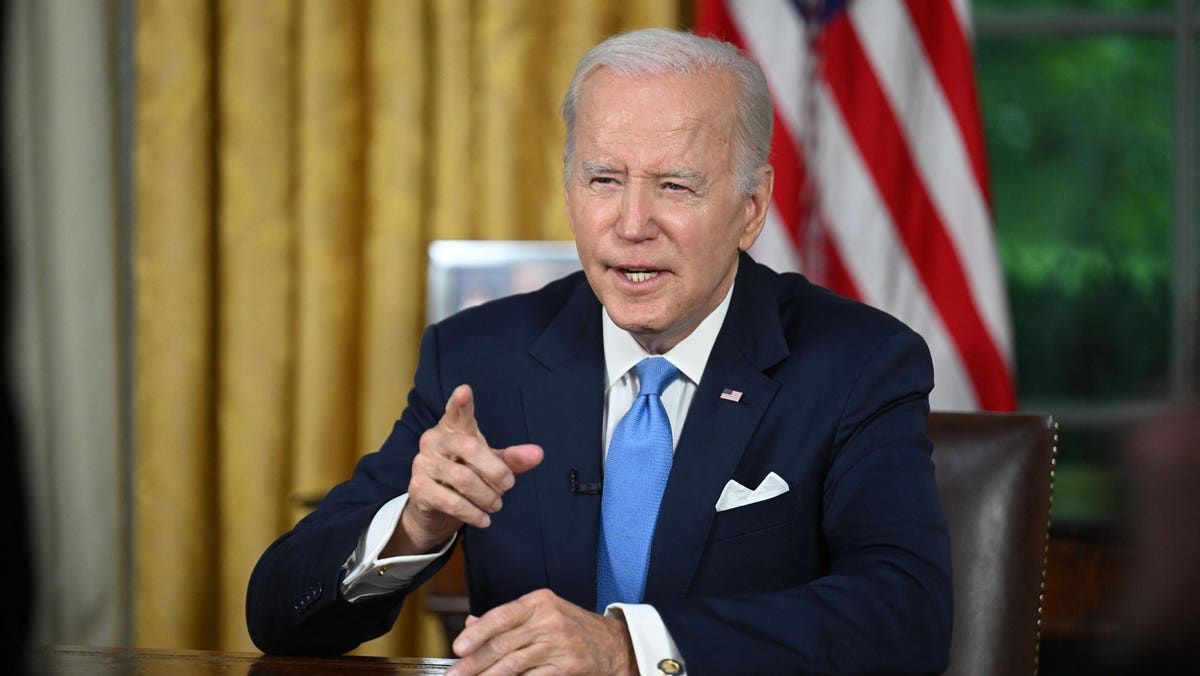As the student loan pause comes to end and repayment is set to resume, a federal consumer protection agency is warning that millions of borrowers may face new hurdles.
Since student loan payments were first suspended over three years ago, the federal student loan servicing system has undergone significant changes. Many borrowers may now face new complications as they return to repayment.
Here’s the latest.
Student Loan Pause Ends This Summer
The student loan pause was first established by the Trump administration in response to the Covid-19 pandemic. The moratorium suspended payments and interest on government-held federal student loans and stopped collections efforts against borrowers in default.
The pause was intended initially to last just a few months. But former President Trump extended the pause several times as the pandemic wore on. After President Biden took office, additional extensions followed. Biden’s most recent extension was enacted in response to the Supreme Court battle over his separate student loan forgiveness plan.
There had been speculation that if the Supreme Court strikes down Biden’s student debt relief plan that the administration could extend the student loan pause yet again. But Biden signed a federal spending bill earlier this month to raise the debt limit; this legislation, negotiated with Republican congressional leaders, codifies the end of the student loan pause. The pause is now set to expire at the end of August, with the first billing due dates likely in October.
Student Loan Servicing Changes Could Complicate Return To Repayment
The Consumer Financial Protection Bureau, a federal watchdog agency that oversees the financial services industry, is warning that many borrowers will face new complications when they return to repayment. That’s because millions of borrower accounts have been transferred to new loan servicers since 2020. Loan servicers are companies and agencies contracted by the Education Department to handle the day-to-day operations of student loans including taking payments, processing paperwork, and fielding borrower inquiries.
The department’s federal student loan servicing system has undergone significant changes during the last several years:
- Borrowers on track for Public Service Loan Forgiveness who were with FedLoan Servicing have been transferred to MOHELA.
- Borrowers with government-held federal student loans serviced by Navient have been transferred to Aidvantage.
- Borrowers with government-held federal student loans serviced by Great Lakes Higher Education have been transferred to Nelnet.
- Borrowers who were with other smaller servicers such as OSLA and Granite State have have had their accounts transferred to new loan servicers such as EdFinancial.
The CFPB estimated in a report released earlier this month that 17 million borrowers have already been transferred to new servicers. That number may balloon t0 30 million in the coming months as loan servicing transfers continue.
“For some borrowers, this process may be smooth with few changes,” said the CFPB. “But other borrowers may need to create new logins with their new servicer, re-enroll in autopay, or update their payment information.”
The CFPB had previously documented how student loan servicing changes can be disruptive for borrowers, even under normal circumstances. “Consumers with federal and private student loans report a range of problems around servicers making mistakes, records getting lost, payments being processed too slowly, or servicer personnel not having the latest information about a consumer’s account,” said the agency in 2015. “Servicing transfers can create confusion… When servicers change, payments may be lost, consumers may incur surprise late fees, and processing problems and missing account records can knock borrowers off track on repaying their loans.”
But with 40 million borrowers resuming repayment all at the same time after a three year moratorium, the current situation is truly unprecedented.
What Student Loan Borrowers Can Do To Prepare For The Student Loan Pause Ending
With payments set to resume in just a few months as the student loan pause ends, borrowers should start taking steps now to make sure they are ready.
First, find out who your student loan servicer is. Borrowers can log in to their Department of Education StudentAid.gov account. This will provide critical information on a borrower’s student loans and their servicer, including the servicer’s contact information. Make sure your contact information is up-to-date on StudentAid.gov.
Borrowers should then make sure they are ready to resume repayment with their loan servicer, particularly if the servicer has changed. Set up an online account with your loan servicer to access your student loan information. Confirm what repayment plan you are on, and determine whether you need to change your plan or request a change to your payment amount under an income-driven program. If you were on auto-debit before the student loan pause, you may need to re-establish auto-debit, even if your loan servicer has not changed.
Further Student Loan Forgiveness Reading
6 Key Student Loan Forgiveness And Repayment Dates To Write Down Now
Did The Supreme Court Just Drop A Hint On Upcoming Student Loan Forgiveness Case?
If The Supreme Court Rejects Biden’s Student Loan Forgiveness Plan, Here Are Other Options
4 Big Student Loan Updates When Payments Resume (And They Resume Soon)
Read the full article here




